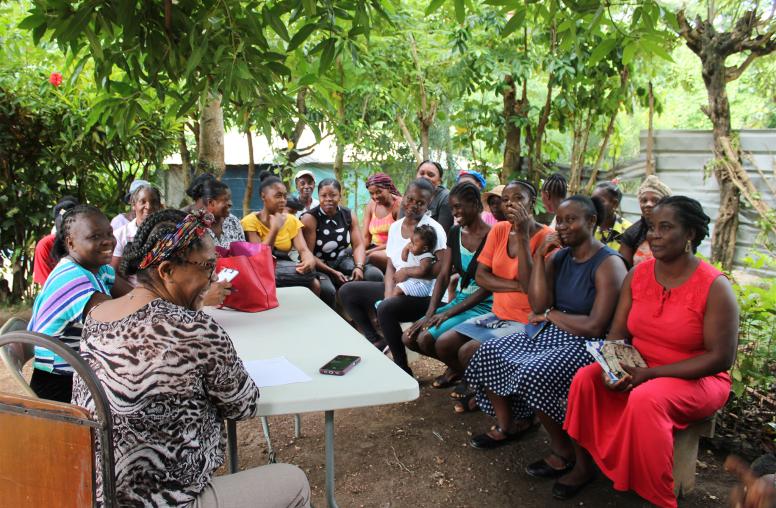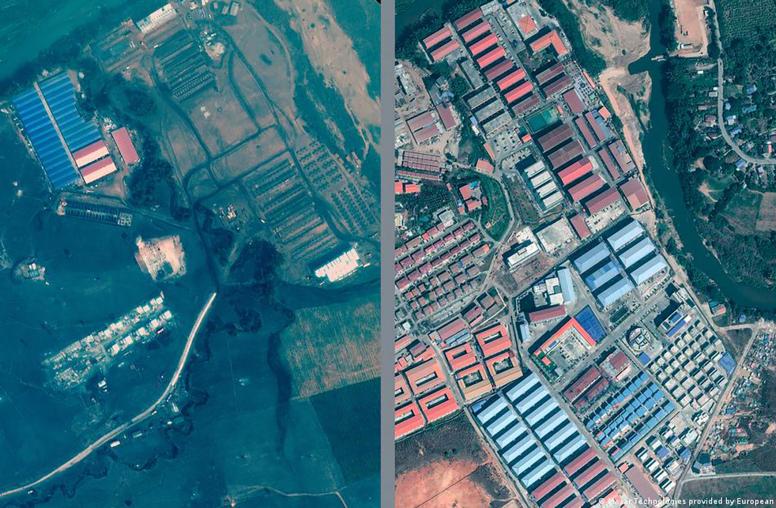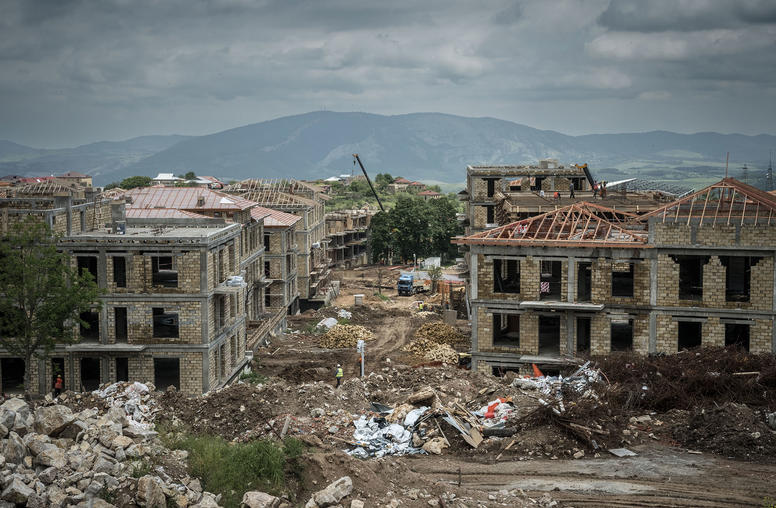 Democracy & Governance
Democracy & Governance
Democracy embodies responsive and responsible governance, rule of law, human rights, civic participation and peaceful transfers of power through electoral processes. Each of these underpins a peaceful and stable society. The U.S. Institute of Peace teaches democratic principles and democratization processes and techniques that are critical to both peacebuilding and effective governance. USIP seeks to strengthen governance by supporting inclusive, accountable institutions and a robust civil society. These in turn uphold human rights, justice and the rule of law, and promote public participation in social and political processes.
Featured Publications

¿Justicia por Voto? Lecciones para México de las Elecciones Judiciales en Bolivia
El 15 de septiembre entró en vigor una de las reformas constitucionales más importantes y controvertidas del entonces presidente de México, Andrés Manuel López Obrador: aquella que establece que los futuros jueces serán elegidos por voto popular. Después de dos intentos fallidos para aprobarla, López Obrador, conocido coloquialmente como AMLO, aprovechó las victorias electorales de su partido Morena a principios de este año. Estos triunfos le dieron el control de la Cámara de Diputados, una mayoría casi calificada en el Senado y el dominio en la mayoría de las gubernaturas y legislaturas estatales. Lo anterior aseguró la continuidad de su proyecto con su protegida, Claudia Sheinbaum, quien asumió en octubre como la primera presidenta de México.

Justice by Vote? Lessons for Mexico from Bolivia’s Judicial Elections
On September 15, one of the most important and contested legacies of Mexico’s then-President Andrés Manuel López Obrador — a constitutional reform that will see future judges being elected by popular vote — went into effect. After two failed attempts to pass the reform, López Obrador, colloquially known as AMLO, capitalized on his party Morena’s electoral victories earlier this year. These wins gave him control of the Chamber of Deputies, a near-qualified majority in the Senate and dominance in most state governorships and state-level legislatures. This ensured the continuity of his project with his protégée Claudia Sheinbaum, who was sworn in as Mexico’s first female president in October.

What to Know About Palau’s Election: Taiwan, China and Other Key Issues
After Palau held its presidential election on November 5, incumbent President Surangel Whipps Jr. was announced as the winner this week. Palau — an archipelago of more than 300 islands to the east of the Philippines and southwest of Guam — is one of Taiwan’s few remaining diplomatic partners in the region and has seen an increasing U.S. military presence in recent years, making it a focal point for competition between the United States and China. Palau gained independence from the United States in 1994 and has maintained a close relationship with Washington ever since under the Compact of Free Association.
Current Projects

Haitian Citizen Engagement
USIP’s Haitian Citizen Engagement Project ensures that marginalized communities, particularly in rural Southern Haiti, have a voice in the country’s political transition.

Transnational Organized Crime in Southeast Asia
Over the past decade, Southeast Asia has become a major breeding ground for transnational criminal networks emanating from China. USIP assembled a senior study group to assess one of the most pernicious aspects of such criminality: rapidly spreading, industrial-scale scam compounds that rely on forced labor lured from around the world. The senior study group convened four meetings to share research and information on the trends, dimensions and character of the criminal networks operating the scam compounds and developed recommendations for countering their malign effects.

Peacemaking in a Turbulent World: Lessons from Intrastate and Interstate Conflicts
Peacemaking in a Turbulent World answers the following central question: What lessons for effective management of intrastate conflicts emerged from the post-Cold War period that are relevant for managing contemporary conflicts which include intrastate, internationalized (featuring direct engagement by outside powers), and interstate conflicts?